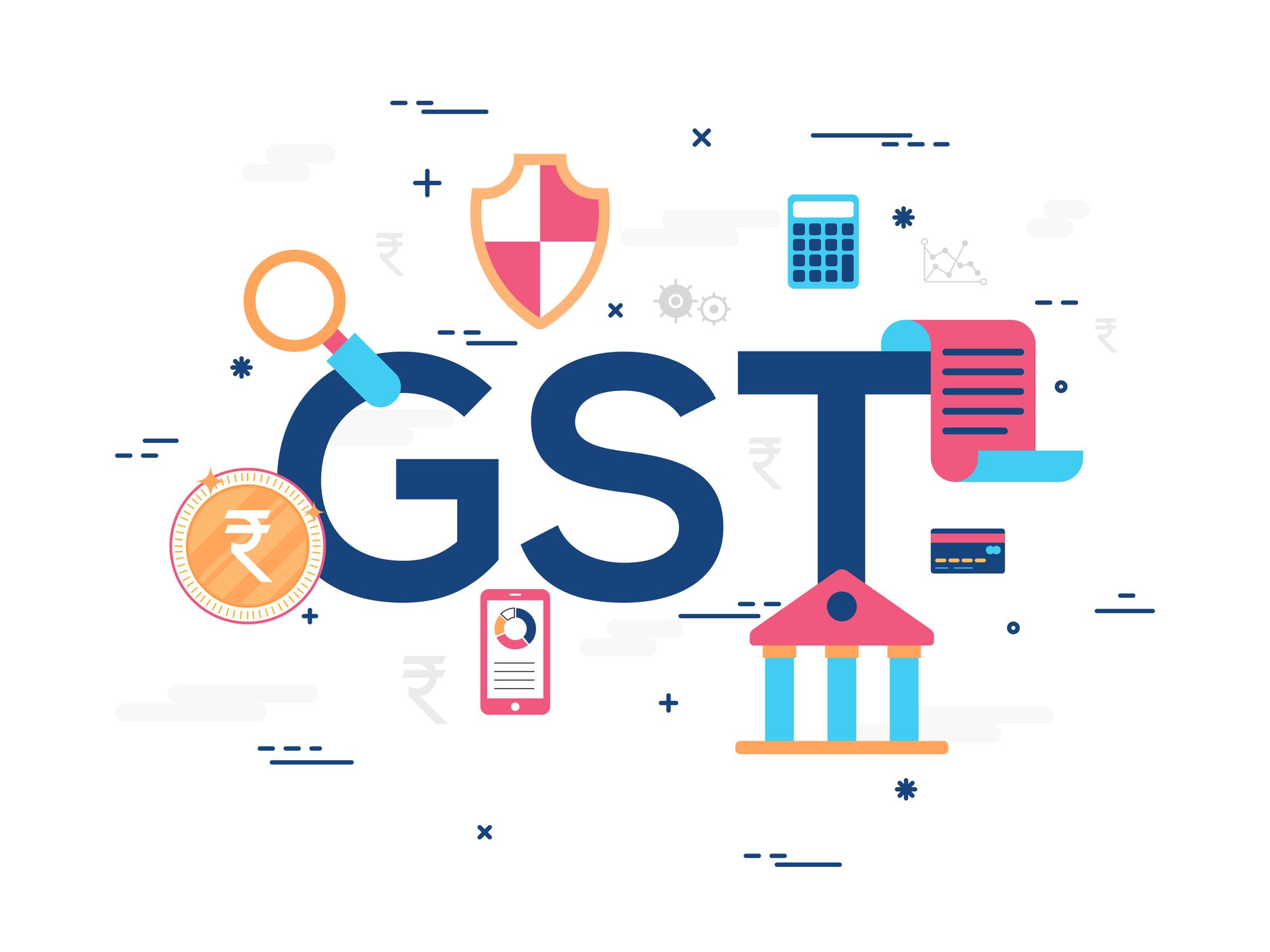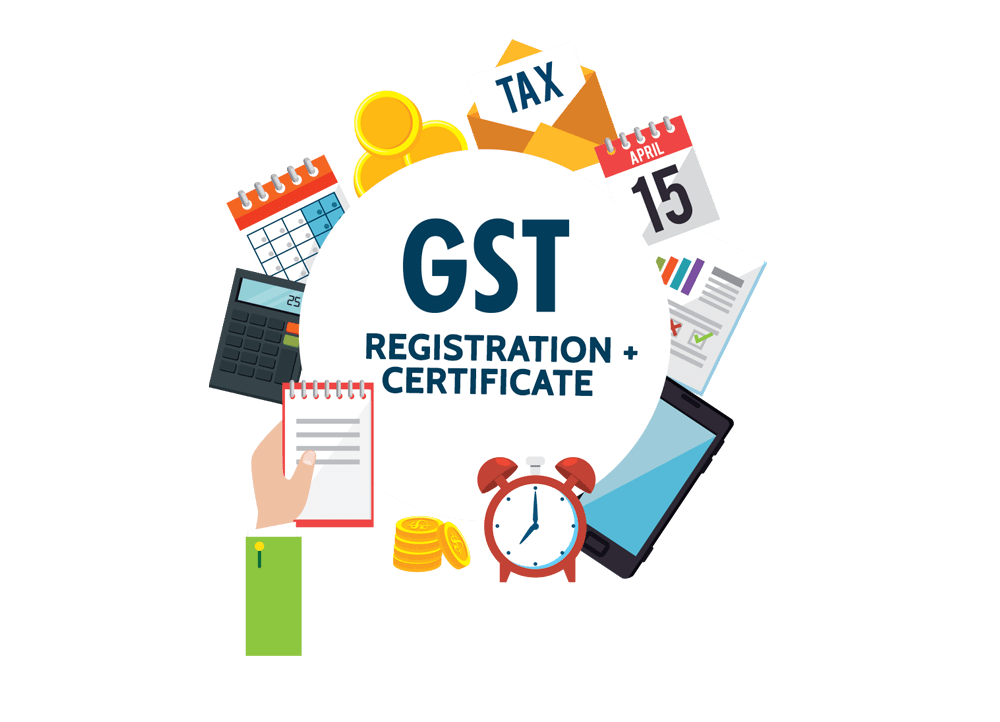Full List for Efficient Singapore GST Registration
Full List for Efficient Singapore GST Registration
Blog Article
The Ultimate Guide to Streamlining the GST Registration Process and Demands for Local Business Owners

Recognizing GST Basics
To understand the basics of the Goods and Services Tax Obligation (GST) system, tiny organization proprietors need to initially comprehend its underlying principles and effects. GST is a value-added tax levied on many goods and solutions for residential usage. It intends to simplify the tax process by replacing numerous indirect taxes imposed by the state and main governments. Under the GST program, businesses are required to sign up and gather tax in behalf of the federal government, making sure openness and compliance.
One of the vital concepts of GST is input tax credit, which permits businesses to claim credit report for tax obligations paid on their acquisitions. Recognizing these basic principles is crucial for tiny company owners to navigate the complexities of the GST system and guarantee compliance with the law.
Eligibility Criteria for Registration
Having developed a fundamental understanding of GST concepts, tiny company owners must now meet specific qualification standards to wage the enrollment procedure. In India, entities took part in the supply of goods or services with a yearly accumulation turnover surpassing Rs. 40 lakhs (Rs. 10 lakhs for special classification states) are required to sign up for GST. In addition, specific organizations such as those associated with inter-state supply of products, laid-back taxable persons, and those called for to pay tax obligation under the reverse fee mechanism must register for GST regardless of their turn over. Companies that were signed up under the previous tax regimen (VAT, service tax obligation, etc) are additionally mandated to sign up under GST. Farming organizations that just provide generate out of key manufacturing are exempt from GST registration. It is essential for organization owners to very carefully analyze their qualification based on these criteria to make certain compliance with the law and avoid any type of fines for non-compliance.
Files Needed for GST Registration

Simplified Registration Refine Actions
Adhering to the collection and confirmation of the requisite files, the enrollment procedure for GST can be navigated via a collection of simplified actions developed to help with efficient conformity for tiny service owners. The primary step entails checking out the GST portal and choosing the 'New Registration' alternative. Ultimately, the applicant has to load in Part A of the GST REG-01 type with information such as PAN, mobile number, and e-mail address to acquire an OTP for verification. Once the OTP is gotten and entered, a Short-lived Reference Number (TRN) is created for additional proceedings. The following action needs filling up out Part B of the kind with required organization details, publishing sustaining files, and completing the confirmation process utilizing DSC or EVC. Upon effective confirmation, an Application Reference Number (ARN) is provided, showing the conclusion of the GST registration process. By following these streamlined actions, small service owners can successfully sign up for GST and make sure conformity with tax policies.
Tips for Ensuring Conformity
To preserve regulative adherence and functional integrity, persistent oversight and positive measures are pivotal in ensuring conformity with GST requirements for tiny service owners. Tiny organization owners must stay updated with GST regulations, submitting target dates, and any kind of modifications in tax obligation prices to prevent penalties and preserve a great standing with tax obligation authorities. One essential tip for conformity is to keep exact and comprehensive records of all transactions, consisting of invoices, invoices, and expenditures associated with GST. Routinely reconciling economic documents with GST returns can assist in identifying and rectifying any disparities quickly. In addition, performing regular interior audits or looking for professional aid can make certain that business is following all GST rules appropriately. It is also essential for little business proprietors to purchase GST-compliant accounting software application that can simplify the tax declaring process and reduce mistakes. Finally, participating in GST recognition workshops or training programs can boost understanding and conformity with GST guidelines, eventually benefiting the organization in the future.
Final Thought
In conclusion, tiny service proprietors must understand the basics of GST, fulfill the qualification standards, collect essential documents, and follow the simplified registration procedure steps to make sure compliance. By simplifying the Click Here GST enrollment procedure and needs, small company proprietors can avoid charges and run their organizations smoothly within the lawful framework - Singapore GST Registration. It is find out this here critical for small organization owners to stay enlightened and compliant with GST laws to maintain an effective company operation
Tiny company owners seeking GST enrollment need to guarantee they gather and submit the essential papers to finish the enrollment process efficiently. The documents required for GST enrollment commonly consist of proof of business enrollment or unification, PAN (Irreversible Account Number) card of the service identification, entity and address proof of the promoters/partners/directors, photos, address proof of the location of organization, bank account declarations or canceled cheques, and permission kinds. Going to GST awareness workshops or training programs can enhance understanding and conformity with GST laws, eventually benefiting the organization in the lengthy run.
By simplifying the GST registration process and demands, tiny service owners can stay clear of fines and run their organizations smoothly within the legal framework. It is crucial for tiny service owners to remain informed and compliant with GST laws to maintain a successful service operation.
Report this page